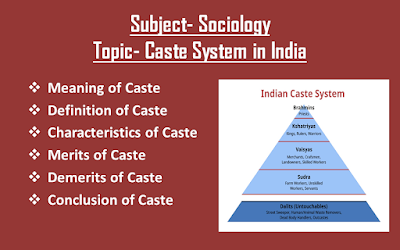Pseudo-social Groups- Meaning, Definition, Characteristics and Importance
# Meaning of Pseudo-social Groups
A pseudo-social group refers to a group of individuals who interact with each other, but lack a genuine sense of community, shared identity, or meaningful relationships.
Pseudo-social groups often exhibit superficial characteristics of a social group, but lack the depth and authenticity of true social connections.
Pseudo-social groups can exist in various contexts, including social media, workplaces, or social clubs.
# Definition of Pseudo-social Groups
1. According to Max Weber:- "A group that mimics social solidarity and shared identity but lacks genuine collective consciousness and shared values."
2. According to George Herbert Mead:- "A group that presents a superficial appearance of social unity and cooperation but lacks authentic collective behavior."
# Characteristics of Pseudo-social Groups
1. Superficial relationships:- Members interact with each other, but their relationships are shallow and lack emotional depth.
2. No shared responsibilities:- Members do not share responsibilities or work together to achieve common goals or engage in collaborative activities.
3. Limited communication:- Communication among members is often limited, superficial, or focused on trivial matters.
4. No social support:- Members do not provide emotional or practical support to each other.
5. High turnover rate:- Members frequently join or leave the group, indicating a lack of commitment or attachment.
6. Lack of trust:- Members do not trust each other, leading to a lack of open communication and collaboration.
7. Artificial atmosphere:- The group's atmosphere is often forced or artificial and doesn’t feel natural or friendly.
8. No sense of belonging:- Members do not feel a sense of belonging or connection to the group.
9. Focus on status or image:- Members are often more concerned with projecting a certain image or status than with genuine social interaction.
10. Lack of accountability:- Members are not held accountable for their actions or contributions to the group.
# Importance of Pseudo-social Groups
1. Pseudo-social groups provide a sense of belonging for individuals who struggle with social connections.
2. Pseudo-social groups offer a low-stakes environment for social skill development.
3. Pseudo-social groups facilitate networking and career advancement opportunities.
4. Pseudo-social groups support personal branding and self-promotion.
5. Pseudo-social groups enable information sharing and knowledge exchange.
6. Pseudo-social groups provide emotional support and validation.
7. Pseudo-social groups foster a sense of community and shared identity.
8. Pseudo-social groups facilitate social comparison and self-evaluation.
9. Pseudo-social groups support social learning and norm adoption.
10. Pseudo-social groups contribute to social cohesion and collective well-being.
Watch video on YouTube





